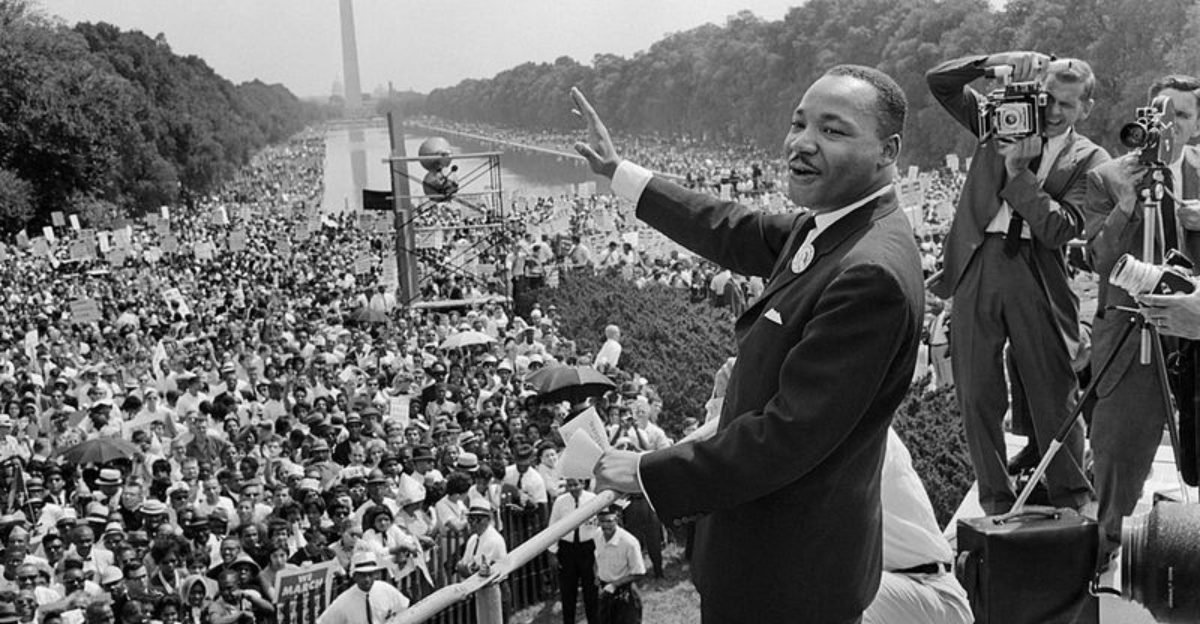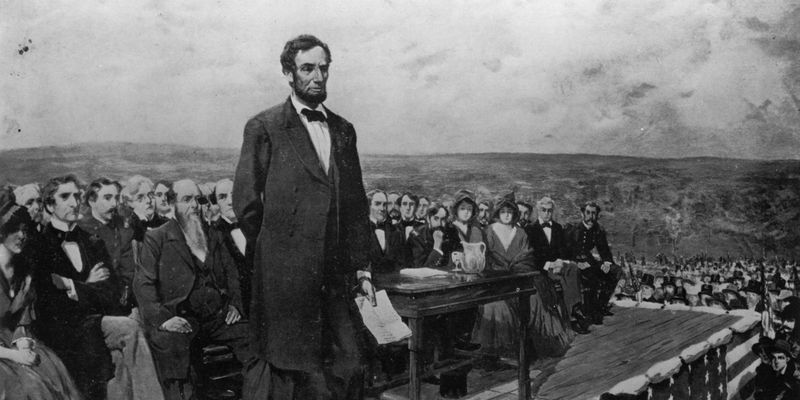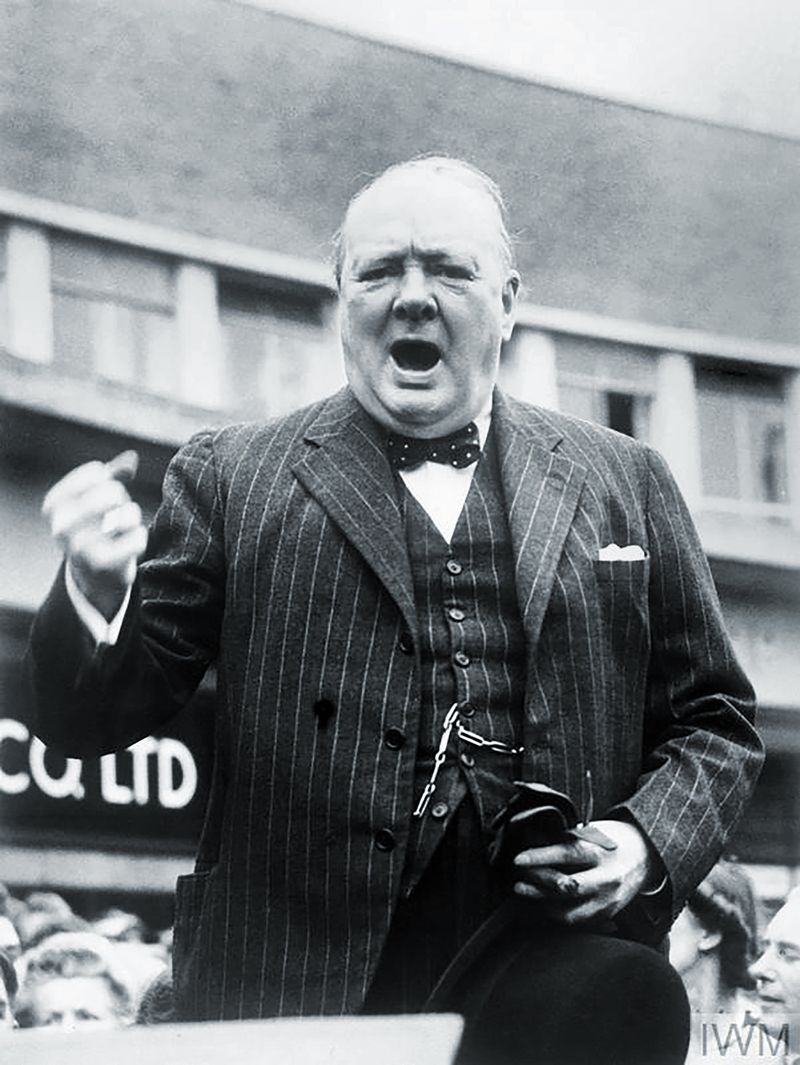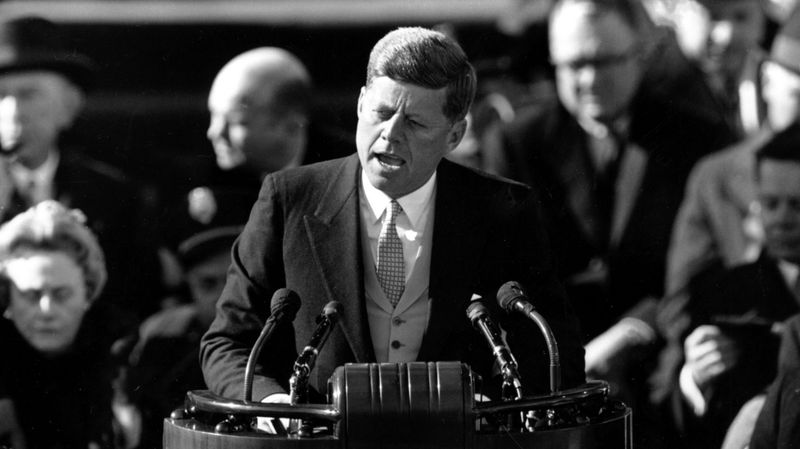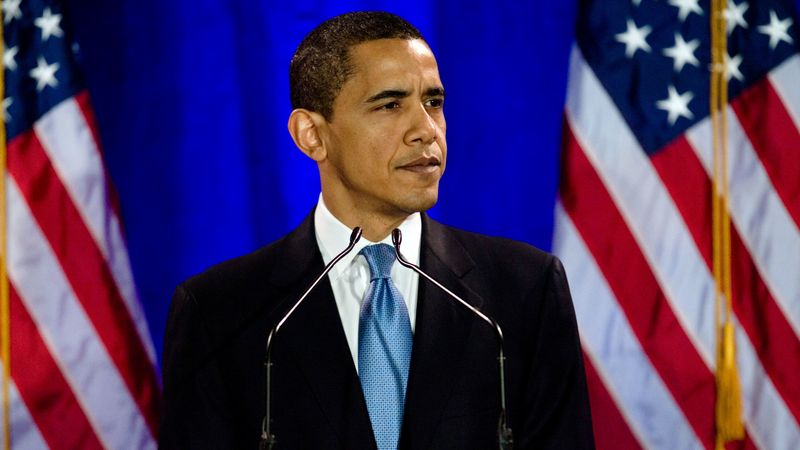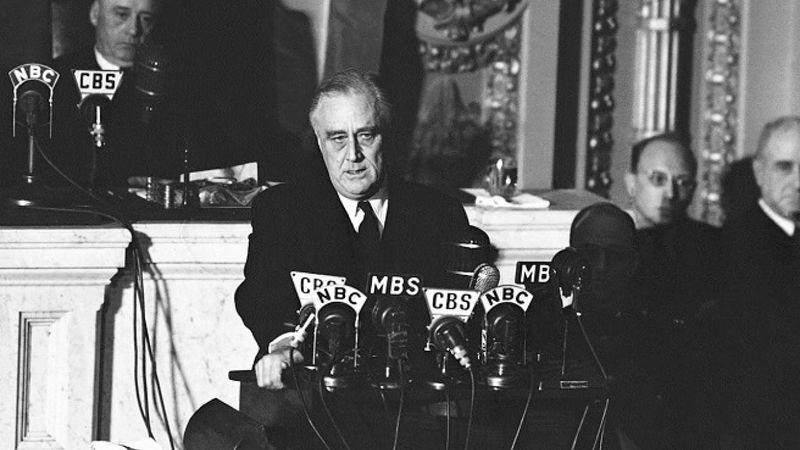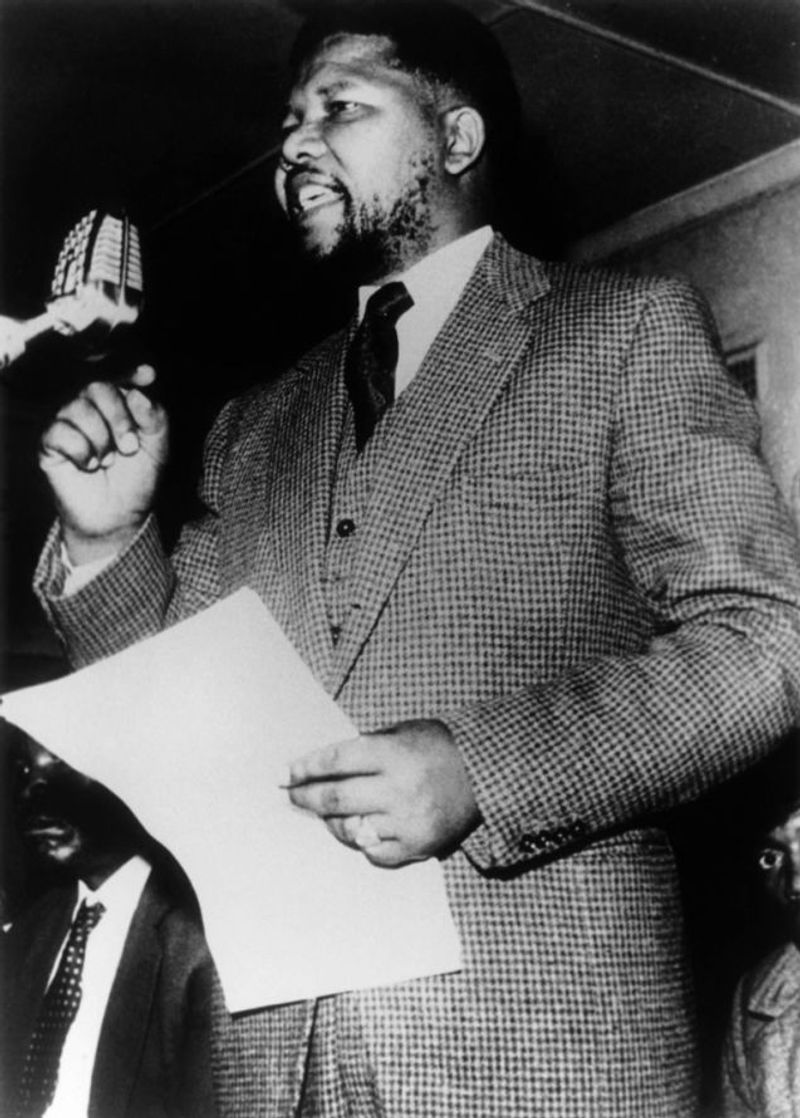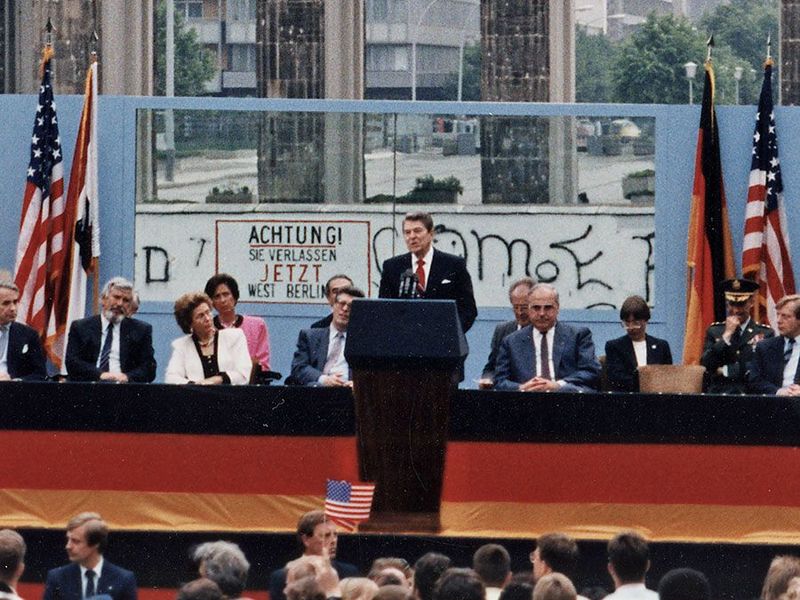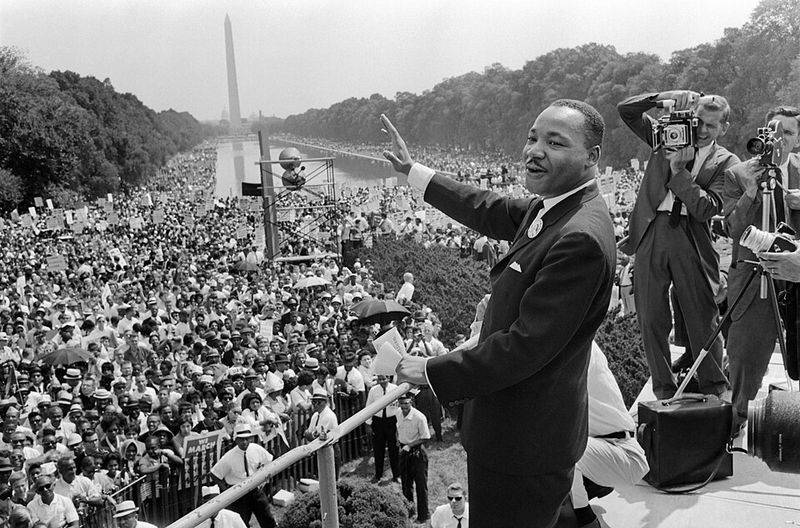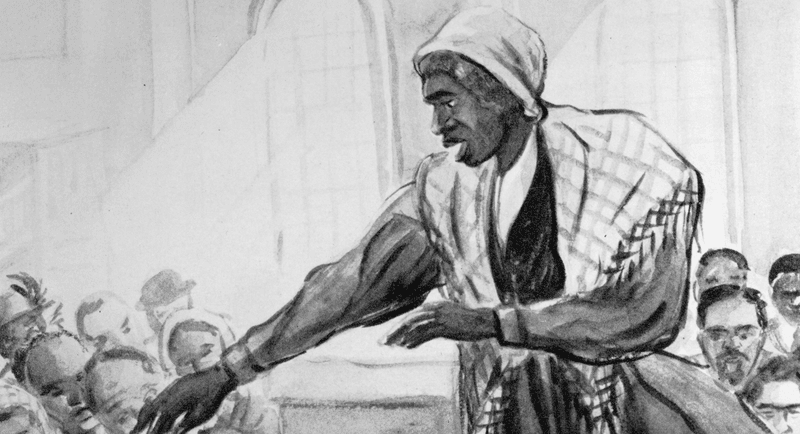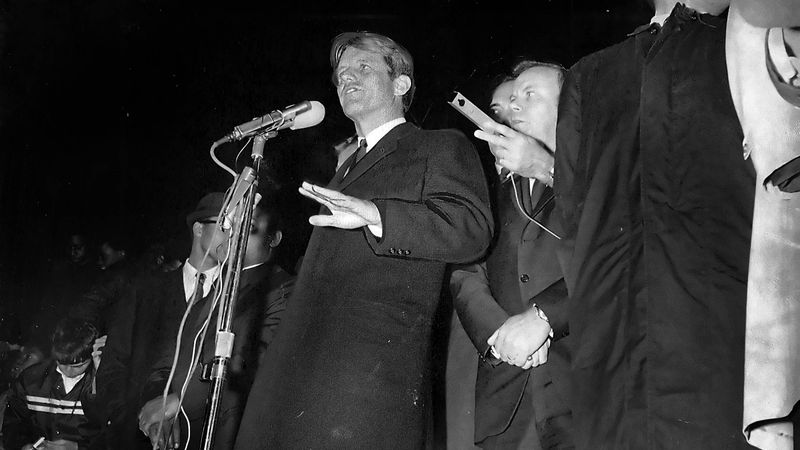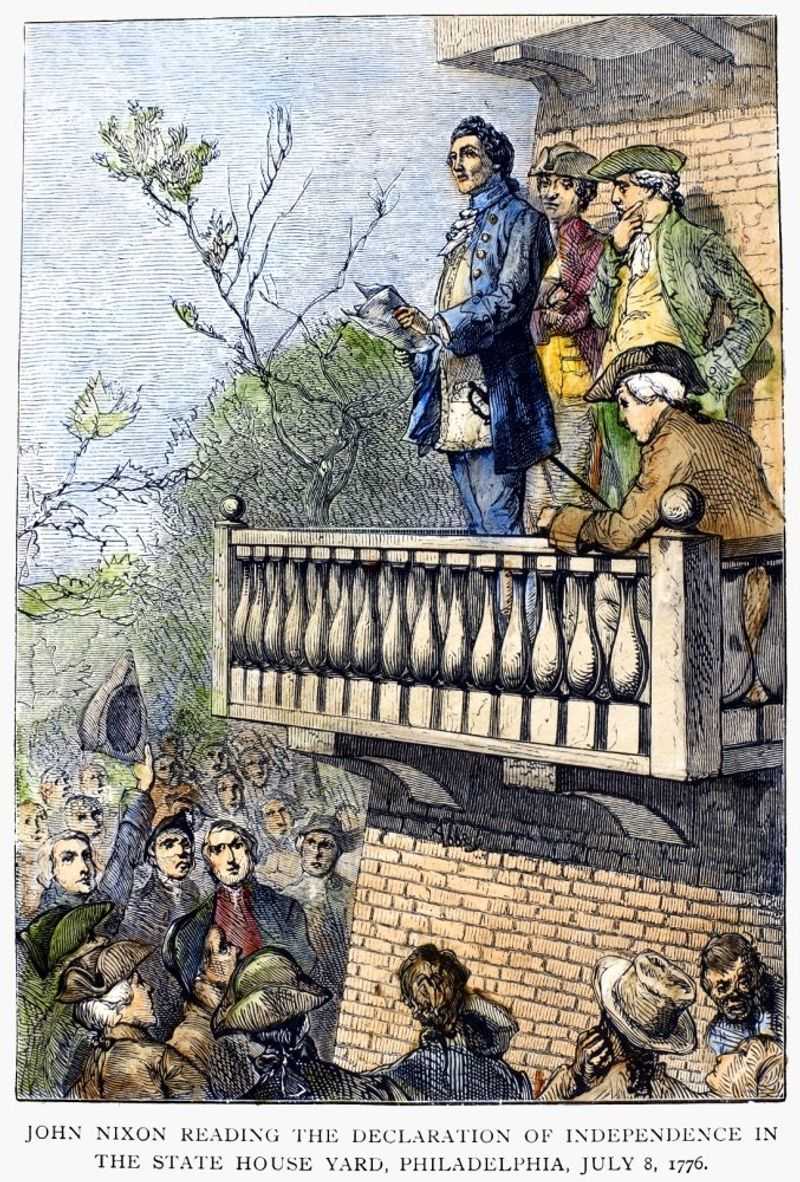Throughout history, certain speeches have stood out not only for their eloquence and impact but also for the hurdles they faced before being delivered. From moments of political tension to personal challenges faced by the orators, these speeches almost didn’t take place. Yet, they did, and they left an indelible mark on history.
1. Abraham Lincoln’s Gettysburg Address (1863)
With a voice filled with resolve, Lincoln spoke words that would echo through time. The Gettysburg Address, hastily written and delivered while he suffered from illness, was meant to honor the fallen. Though Lincoln was not the main speaker, his concise message redefined the Civil War’s purpose. Under pressure and reportedly adding final touches on a train, Lincoln rose to the occasion. This short, powerful address became a cornerstone of American history, embodying the nation’s ideals of freedom and equality. Its delivery was a testament to leadership under duress and vision in the face of adversity.
2. Winston Churchill’s “We Shall Fight on the Beaches” (1940)
In Britain’s darkest hour, Churchill’s voice rang with defiance. Facing immense pressure and opposition, his audacious speech rallied a nation. Delivered to the House of Commons, it promised unyielding resistance against Nazi Germany. Written amidst political turmoil, it nearly faced cancellation. Yet, Churchill’s words fortified British resolve, becoming a symbol of courage and perseverance. This speech stands as a testament to leadership in adversity, crystallizing the spirit of a nation determined to fight for its survival.
3. John F. Kennedy’s Inaugural Address (1961)
Amidst a cold January, Kennedy’s youthful vigor shone brightly. Recovering from a back injury and Addison’s disease, he overcame personal challenges to deliver a call to action. His inaugural address, “Ask not what your country can do for you…,” inspired a generation toward civic responsibility. Through eloquence and vision, Kennedy appealed for unity and change. Despite physical pain, his words reached the hearts of millions, echoing the promise of a new era. The speech remains a defining moment of hope and aspiration in American history.
4. Barack Obama’s 2008 “A More Perfect Union” Speech
In a time of controversy, Obama rose to address the complexities of race in America. Originally considered a press release, the decision to speak was pivotal. Delivered in Philadelphia, it confronted and expanded the dialogue on race, justice, and unity. His words transcended political rhetoric, offering honesty and healing. This speech reinvigorated his presidential campaign and resonated with citizens seeking change. Obama’s articulation of a shared future remains a hallmark of his leadership and vision.
5. Franklin D. Roosevelt’s “Day of Infamy” Speech (1941)
With a nation in shock, Roosevelt’s voice carried a steely resolve. After Pearl Harbor, his original speech draft was transformed into a forceful declaration of war. Delivered to Congress, it unified a grieving nation under a common purpose. The phrase “a date which will live in infamy” marked America’s entrance into World War II. Roosevelt’s ability to adapt under pressure and deliver an impactful message cemented the speech in history. It stands as a testament to leadership in crisis and the power of decisive action.
6. Nelson Mandela’s “I Am Prepared to Die” Speech (1964)
In a courtroom charged with tension, Mandela’s words resonated with conviction. Initially hesitant, fearing detrimental effects on the ANC, Mandela chose to speak. His address during the Rivonia Trial articulated the struggle against apartheid. Unwavering, he declared readiness to sacrifice for freedom. This defining moment captured his strength and commitment to justice. Mandela’s speech transcended its immediate context, becoming a foundational text for resistance. It remains a powerful legacy of courage and the enduring fight for equality.
7. Ronald Reagan’s “Tear Down This Wall” Speech (1987)
Against a backdrop of division, Reagan’s words called for unity. The phrase “Tear down this wall!” faced resistance, with officials deeming it provocative. Yet Reagan’s insistence prevailed, and his speech at the Berlin Wall became a potent symbol of hope. It resonated with those yearning for freedom and signaled an era of change. This defining moment in Cold War history showcased the power of bold leadership and unyielding resolve. Reagan’s words contributed to the wall’s eventual fall and the reunification of Germany.
8. Martin Luther King Jr.’s “I Have a Dream” (1963)
In a moment charged with anticipation, King’s words flowed with unparalleled power. The iconic “I Have a Dream” refrain was an inspired ad-lib, urged by singer Mahalia Jackson. Initially absent from the prepared text, it became the speech’s soul. Delivered during the 1963 March on Washington, this speech became a beacon for the Civil Rights Movement. It called for equality and justice, captivating listeners with its vision of a united America. King’s stirring oration was a pivotal moment in history, embodying hope and galvanizing change.
9. Sojourner Truth’s “Ain’t I a Woman?” Speech (1851)
In a charged convention hall, Truth’s voice rose above the din of disbelief. Facing hostility, she delivered her speech extemporaneously. “Ain’t I a Woman?” became an enduring testament to the intersection of gender and racial justice. Truth’s powerful oration challenged prevailing norms, advocating for equality. Despite limited documentation, her message reached far beyond the convention, influencing future generations. This speech remains a poignant reminder of the ongoing struggle for equality and the enduring spirit of resistance.
10. Robert F. Kennedy’s Speech on MLK’s Assassination (1968)
On a night filled with sorrow, Kennedy addressed a grieving crowd with profound empathy. Informed of Martin Luther King Jr.’s assassination just hours before, he delivered an impromptu speech. Despite advisors’ warnings, his heartfelt words helped calm a city on the brink of unrest. Kennedy’s ability to connect emotionally and call for peace and understanding left a lasting impact. It is remembered as a moment of unity and humanity in a time of turmoil. This speech exemplifies the power of compassion in leadership.
11. The Declaration of Independence (1776)
Not a speech in the traditional sense, the Declaration faced intense debate. Jefferson’s draft nearly remained unread due to political division. Its public reading was an act of defiance, marking the birth of a nation. The document’s powerful prose articulated the colonies’ desire for freedom, inspiring future democracies. As the cornerstone of American identity, it captured the spirit of a new beginning. Its reading symbolized unity and resolve in the face of oppression, a testament to the enduring quest for liberty.
